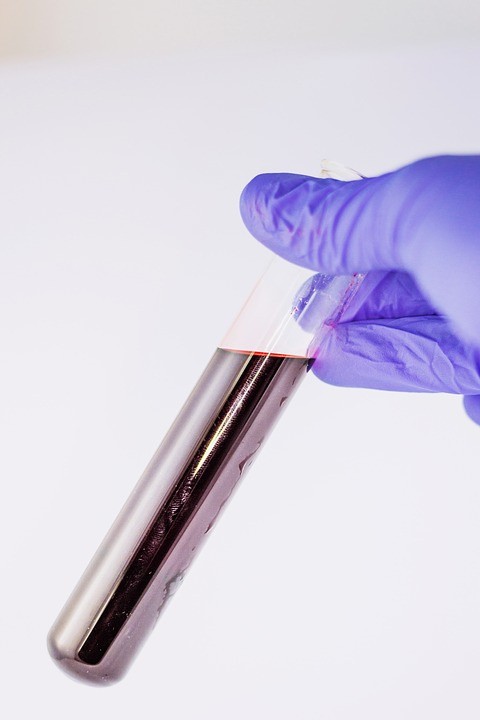
An antibody test or a blood test to detect antibodies for the novel coronavirus is underway. It will determine whether a person has been infected with COVID-19 or if the person did not show symptoms. By detecting the IgM and IgG antibodies, the result will be available in 15 minutes.
Similar tests may be widely used in the United Kingdom soon as 3.5 million antibody tests were ordered recently.
David Weiner, director of the Vaccine and Immunotherapy Center at the Wistar Institute in Philadelphia, and Charles Cairns, dean of the Drexel University College of Medicine relayed during an interview with Science News how antibody tests work and what the challenges in developing it are.
How Do Antibody tests work?
Antibody tests, according to Cairns, are used to detect if someone has been exposed to a specific antigen, like a virus.
Antibody test looks for the presence of antibodies, the specific proteins developed in response to infections. Antibodies are normally found in the blood and other tissues of a person after an infection. The antibodies detected by this test would indicate that a person had an immune response to SARS-CoV-2, regardless of whether symptoms were developed from infection or the infection is asymptomatic.
The tests are designed in two ways. One test detects human antibodies in blood using an antigen designed to be similar to a feature of the virus. Another test may detect the virus in the blood using a man-made antibody intended to trap the virus or pathogens.
Diagnostic test or antibody test?
Cairns said antibody tests differ much from the current diagnostics tests using RT-PCR tests. The RCT-PCR test uses a nasal swab or sputum to identify the specific viral RNA from the COVID-19 virus. It is the gold standard to know if one is currently infected. On the other hand, antibody tests only require a prick for a drop of blood, and a yes or no answer could be determined. It's either one that has had COVID-19 or not.
The importance of antibody tests
According to Weiner, people who have recovered do not need RT-PCR positive tests since they have already been cleared from the virus. Those who have recovered from COVID-19 will most likely have the antibodies necessary to protect them from reinfection. Weiner said they are screening for people that are currently infected. It is vital to find people who have recovered, however, to provide an understanding of the herd immunity.
In Germany, plans for issuance of "immunity certificates" are underway. Such plans allow individuals to leave the country's coronavirus lockdown if they test positive for antibodies to the virus. Many positive tests in an area could allow governments to ease restrictions in places with "herd immunity." Bases of such decisions are from antibody tests.
Priority for Antibody Testing
According to Weiner, the first responders and health care workers should be screened first because they need to be confident enough to get back to work.
Challenges of Antibody testing
According to Cairns, challenges of antibody testing involves the development of a test kit that uses smaller amounts of sample, is faster, and is available outside the lab. Test that would yield accurate results and avoid both false positives and false negatives is a challenge.
© 2025 NatureWorldNews.com All rights reserved. Do not reproduce without permission.





